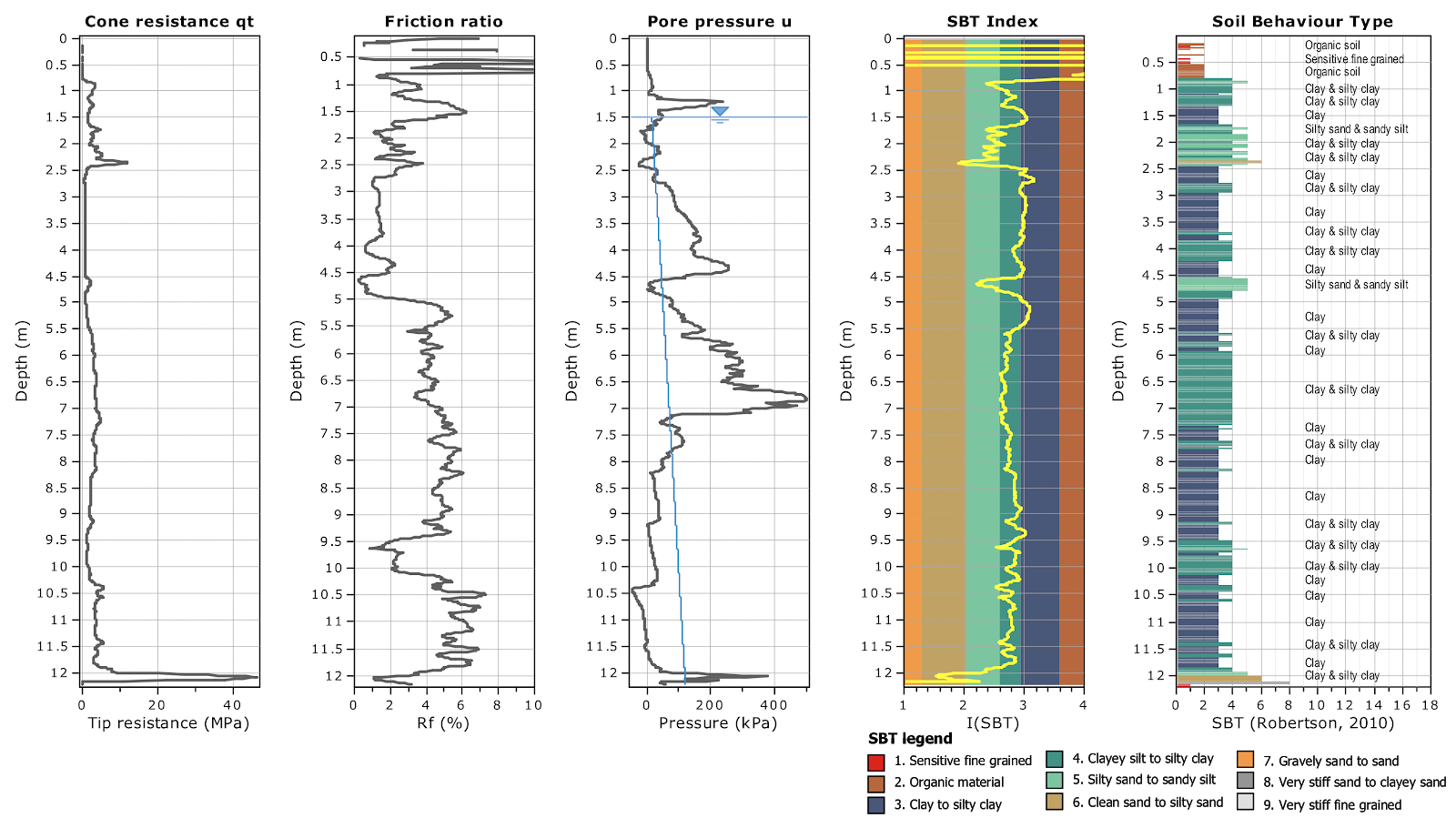Geotechnical Reports
What is a geotechnical report and what is its purpose?
A geotechnical report is a document that communicates the ground conditions and geotechnical hazards for a specific purpose. Ground conditions include soil, rock and groundwater. Examples of geotechnical hazards include landslip and poor foundation conditions.
The purpose of the geotechnical report may be for:
-
preliminary or detailed design of a new development;
-
alterations and additions to an existing development;
-
remedial works; or
-
forensic purposes where there have been significant problems on a site.
When is a geotechnical report required?
A geotechnical report may be required at various stages of a project including:
-
feasibility stage / master planning;
-
DA submission;
-
Construction Certificate;
-
during construction; and
-
post development.
What should a geotechnical report include?
A geotechnical report should include:
-
demonstrated understanding of the project development details;
-
clear description of the ground model;
-
discussion of geotechnical hazards and risks;
-
discussion on how the ground conditions may impact the proposed development; and
-
informed recommendations for design and construction based on extensive experience and research.
A geotechnical report will usually be based on the results of subsurface investigation (e.g. drilling boreholes or excavating test pits for sampling and testing, carrying out geophysical survey, inspection of existing excavations), but may also be based on the results of a desktop study of geotechnical data supplemented by walkover mapping of site features.

How much will geotechnical reports cost?
The cost of a geotechnical report is a direct reflection of the scope of work carried out and the experience of the professionals conducting that work. The cost of a geotechnical report should be considered against the whole project costs. A cheap report may save money initially but almost always involves accepting more ground risk which ultimately results in higher project costs – either during construction when it may be necessary to modify the design and construction approach (e.g. install deeper / wider footings, install additional excavation support) – or after construction when it may be necessary to carry out remedial works (e.g. underpinning, structural repairs). The final cost is invariably many times greater than the cost of a more comprehensive geotechnical report.
Why chose Asset to prepare your geotechnical reports?
At Asset, we take pride in producing high quality, cost-effective geotechnical reports based on a carefully considered scope of work, completed under the direction of highly experienced geotechnical engineers, using efficient systems and quality processes. We have a growing list of loyal clients that recognise the value of our advice.
Please contact us if you require a geotechnical report for your project. We can work closely with you to develop a cost-effective, tailored approach that can balance the ground risks against your project budget to give you the best overall value for money.


